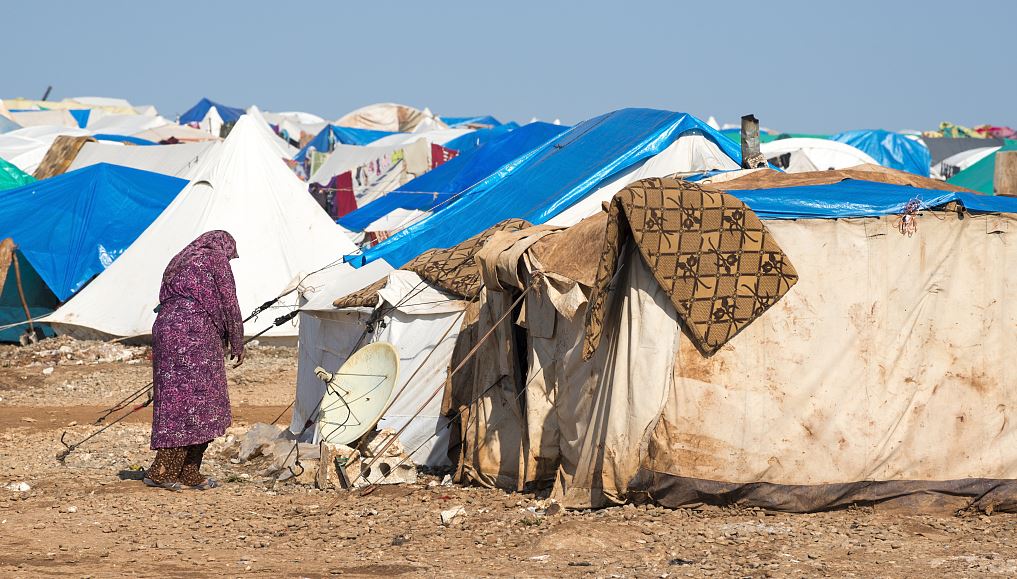
2.7 million refugees in East Africa affected by reduction in food rations and cash transfers: WFP

The United Nations World Food Programme (WFP) says more than 2.7 million refugees in East Africa have been affected by a reduction in food rations and cash transfers, as donors slashed funding due to the impact of COVID-19.
The agency says cash transfers have been slashed by between 10 and 30 percent as the pandemic ravaged the globe for the better part of 2020.
The countries affected by the reduction in food and cash transfers include Kenya, Ethiopia, Uganda, South Sudan and Djibouti.
WFP highlighted that women, children and the elderly were the worst-affected by the slash in food rations and cash transfers, heightening a risk of malnutrition among the groups.
“Refugees are especially vulnerable to the spread of COVID-19 because they are crowded together in camps with weak or inadequate shelter, health services and access to clean water and sanitation,” said Michael Dunford, WFP Eastern Africa Regional Director.
WFP also lamented that children were forced to stay out of school as learning institutions in refugee camps remain shut due to the COVID-19 pandemic. This means that the children miss out on free meals provided in the institutions.
WFP appealed both to traditional donors and new would-be donors, such as international financial institutions, to step forward and assist refugees because their vulnerability only increased with COVID-19.
The UN agency needs some $323 million to assist refugees in the East Africa region over the next six months, about 22 percent greater than during the same period in 2019.






